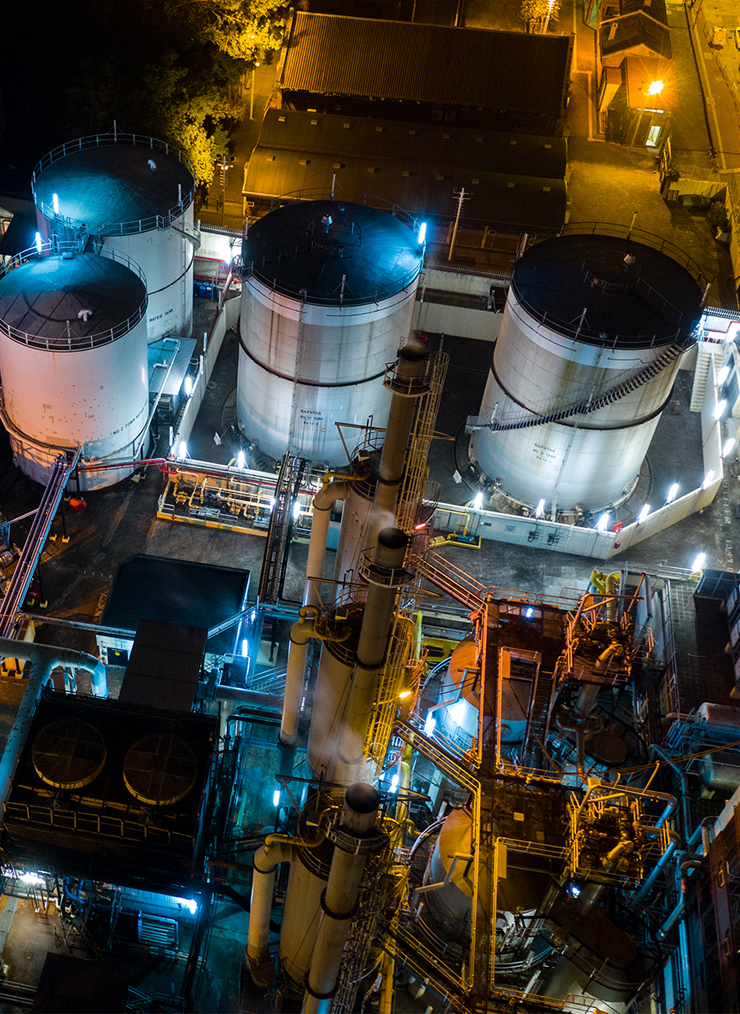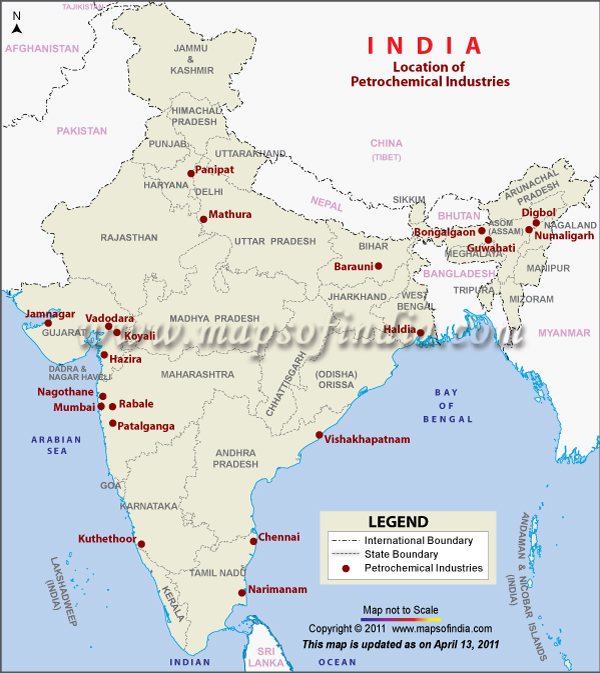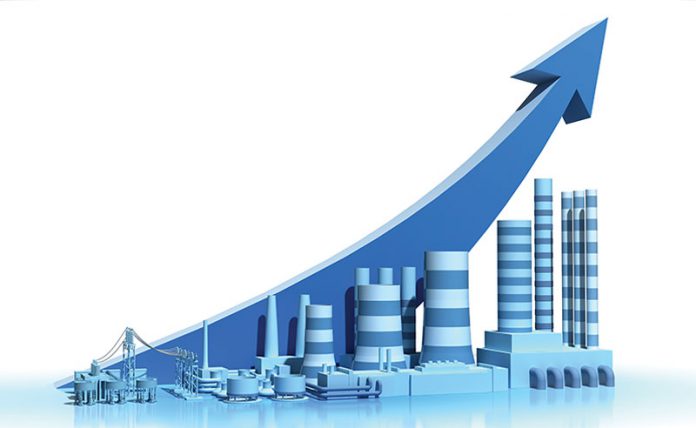- Home
- About us
- Our Associates
- Our Products
- Furnace Oil
- Light Diesel Oil (LDO)
- Low Sulphur Fuel Oil
- Heavy Stock (LSHS)
- CARBON BLACK FEED STOCK (CBFS)
- C-9 Solvent
- Mineral Turpentine Oil (MTO)
- Bitumen & Bitumen Emulsions
- Slow Setting Emulsion (SS}
- Crumb Rubber Modified Bitumen
- Polymer Modified Bitumen
- Byproducts / Waterproofing Materials
- Bituplast
- Bitukote
- Bituprimer
- Asphaltoseal
- Oxidised Bitumen
- Contact Us
EMAIL
PHONE
VISIT
11, Sun Avenue One, Shyamal-Manekbaug Road, Ambawadi, Ahmedabad
- Home
- About us
- Our Associates
- Our Products
- Furnace Oil
- Light Diesel Oil (LDO)
- Low Sulphur Fuel Oil
- Heavy Stock (LSHS)
- CARBON BLACK FEED STOCK (CBFS)
- C-9 Solvent
- Mineral Turpentine Oil (MTO)
- Bitumen & Bitumen Emulsions
- Slow Setting Emulsion (SS}
- Crumb Rubber Modified Bitumen
- Polymer Modified Bitumen
- Byproducts / Waterproofing Materials
- Bituplast
- Bitukote
- Bituprimer
- Asphaltoseal
- Oxidised Bitumen
- Contact Us
- Home
- About us
- Our Associates
- Our Products
- Furnace Oil
- Light Diesel Oil (LDO)
- Low Sulphur Fuel Oil
- Heavy Stock (LSHS)
- CARBON BLACK FEED STOCK (CBFS)
- C-9 Solvent
- Mineral Turpentine Oil (MTO)
- Bitumen & Bitumen Emulsions
- Slow Setting Emulsion (SS}
- Crumb Rubber Modified Bitumen
- Polymer Modified Bitumen
- Byproducts / Waterproofing Materials
- Bituplast
- Bitukote
- Bituprimer
- Asphaltoseal
- Oxidised Bitumen
- Contact Us
EMAIL
PHONE
VISIT
11, Sun Avenue One, Shyamal-Manekbaug Road, Ambawadi, Ahmedabad
- Home
- About us
- Our Associates
- Our Products
- Furnace Oil
- Light Diesel Oil (LDO)
- Low Sulphur Fuel Oil
- Heavy Stock (LSHS)
- CARBON BLACK FEED STOCK (CBFS)
- C-9 Solvent
- Mineral Turpentine Oil (MTO)
- Bitumen & Bitumen Emulsions
- Slow Setting Emulsion (SS}
- Crumb Rubber Modified Bitumen
- Polymer Modified Bitumen
- Byproducts / Waterproofing Materials
- Bituplast
- Bitukote
- Bituprimer
- Asphaltoseal
- Oxidised Bitumen
- Contact Us






